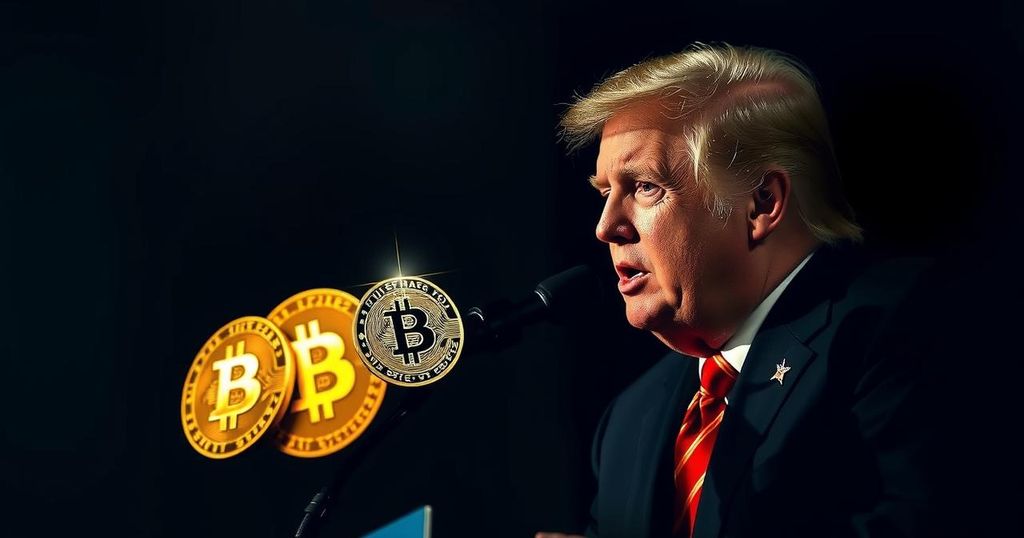India Invites Anti-Junta Forces of Myanmar to Upcoming Seminar in New Delhi
Summary
India has extended an invitation to representatives from Myanmar’s anti-junta forces for a seminar to be held in New Delhi, marking a notable shift in its diplomatic approach. While the ongoing conflict in Myanmar following a military coup in 2021 poses threats to regional stability, this engagement with non-state actors could reshape India’s foreign relations, even as the military junta remains unyielding.
India has taken a significant step by inviting representatives from Myanmar’s anti-junta forces to a seminar scheduled for mid-November in New Delhi. This move is noteworthy as it marks an unprecedented engagement by India with political and military opponents of Myanmar’s ruling junta, which has faced international condemnation following a military coup in February 2021 that overthrew an elected government. Sources indicate that the seminar, focusing on “Constitutionalism and Federalism,” will be hosted by the Indian Council of World Affairs (ICWA), an organization with ties to India’s Foreign Minister, S. Jaishankar. The ongoing civil strife in Myanmar poses a potential threat to India’s extensive border with Myanmar, leading to concerns regarding instability that could affect India’s infrastructure projects in the region. Various factions, including the parallel National Unity Government (NUG) and ethnic minority groups from Chin, Rakhine, and Kachin states, have been invited to participate. While the military junta, which has refused to negotiate with the insurgents, has not been confirmed as an invitee, the invitation extended to these non-state actors marks a significant shift in India’s foreign policy approach towards Myanmar’s internal conflict. The Indian government has previously maintained a nuanced stance towards the junta, continuing diplomatic and defense engagements amid international sanctions and calls for accountability against the military. Observers have noted that India’s reluctance to openly condemn the junta is partly influenced by its strategic interests and concerns over Chinese influence in the region. Sui Khar, vice chairman of the Chin National Front, expressed optimism regarding the seminar, stating, “This will be the first time, I think, formally, that India will engage with the non-state actors. This is a good, positive approach.” There remains some uncertainty regarding the broader implications of this initiative and whether it signifies a shift towards deeper engagement with Myanmar’s democratic forces or serves as a warning to the junta. India’s active involvement in development projects within Myanmar, such as the $400 million Kaladan port project and an additional $250 million road project aimed at enhancing connectivity, underscores its stake in the region’s stability. Following the ASEAN bloc’s limited progress in mediating the conflict, India’s upcoming seminar could represent a pivotal moment in its diplomatic relations with both Myanmar’s government and its opposition. Researchers speculate that the seminar signifies New Delhi’s most significant overture toward Myanmar’s pro-democracy factions since the coup, yet the precise outcomes and intentions behind India’s engagement remain to be seen. Additionally, India must navigate its approach carefully to ensure its borders’ security and maintain regional stability while managing its relationship with Myanmar’s military government.
Since the February 2021 coup in Myanmar, there has been widespread unrest, escalating into a civil war with the military regime facing relentless opposition from various groups, including the National Unity Government (NUG) and various ethnic armed organizations. The internal conflict threatens to destabilize neighboring regions, particularly India, which shares a lengthy border with Myanmar and has vested interests in several development initiatives within the country. Despite the international community’s criticism of the junta, India has maintained ties, citing concerns over regional security.
India’s unprecedented invitation to Myanmar’s anti-junta forces reflects a strategic shift in its foreign policy toward a more inclusive approach amidst ongoing civil strife in Myanmar. The upcoming seminar, focusing on constitutionalism, could play a crucial role in shaping India’s diplomatic engagement and addressing security concerns along its border. However, the true bearing of this initiative on future relations with both the junta and opposition forces remains to be elucidated.
Original Source: www.usnews.com








Post Comment